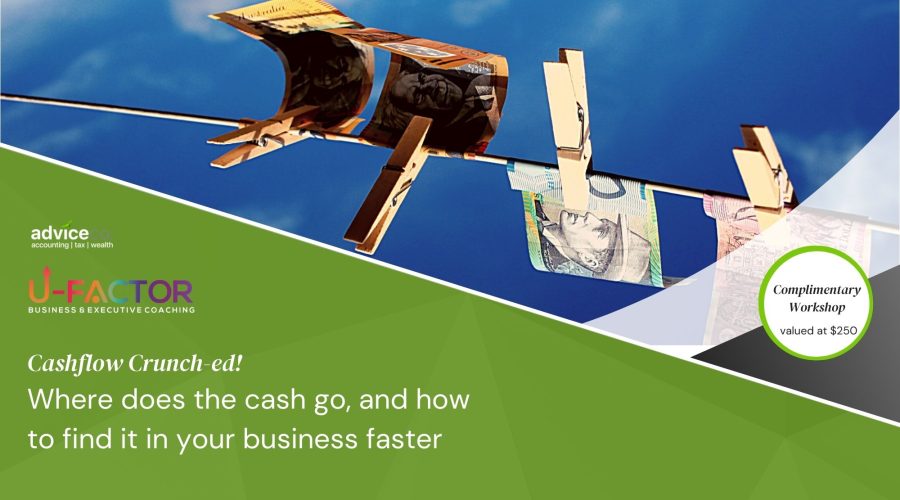Healthy and wealthy new year Posted on October 9, 2018

New year’s resolutions have a bad reputation, and for good reason. So let’s agree up front that we won’t think of financial preparations for the new year as “resolutions”. Instead this is a powerful way to set things in order, re-group and look back to ensure things are on track, and of course to re-balance and plan for the new year that is about to begin.
Best practice around reviewing your finances for the new year begins with a calculation of your net worth. Save this somewhere so it’s easily accessible next year and you’ll have a simple and effective way to measure your progress against a set goal. Include all of your assets (property, cash etc) and liabilities to calculate a final figure.
Next, pick a couple of items from your financial portfolio, whether they be credit card or mortgage, superannuation accounts or insurance polices etc, and do some research to find out whether you’re getting the best possible deal. Interest rates, fees and risk profiles should be checked at least every few years for each of your accounts. Just as compound interest can be enormously effective over time, so too higher fees and costs can result in far less wealth at the end of your investment period.
Spend some time getting to know your investments. How much is in your super? How is it invested? Are you on target to achieve your final goal? What difference could you make by re-balancing certain investments, etc? Ask questions and seek clear and relevant answers as if you’re looking after the world’s most important managed fund… because you are.
Then, depending on your stage of life:
Up to 40 years old
-
Consider maximising the effects of compound interest and perhaps even saving a little tax by salary sacrificing a small amount – perhaps $20 to $50 a week – into your super. A little now adds up to a lot later. Be wary not to exceed contribution caps though.
-
Check that your investments are allocated correctly to match your risk profile and the fact that you have several decades to ride out any market turbulence.
-
Analyse your insurance needs and check you have the correct levels of cover. You possibly have people that rely on you to provide for them. Make sure you, and they, are suitably protected.
From 40 to 60 years old
-
It’s time to start knocking down that debt, so make that a priority for the next few years and track your success using your net worth document.
-
Insurance is vital at this stage of life as you’ll likely have dependents and major responsibilities, such as a mortgage. Check you are insured to the right level.
-
Consider what you can do at work, or outside of work, in order to improve your earning potential.
-
Analyse your superannuation and figure out whether you need to begin maximising contributions, but don’t exceed the maximum allowed annually.
-
Depending on your comfort with risk and your time left in the market, your portfolio’s risk/growth exposure should be constantly fine-tuned.
Pre-retirees and retirees
-
How long will your income last? How are your investments performing? This is perhaps the most important period of life to ensure your portfolio and income stream are balanced for your lifestyle.
-
Is your estate protected? Organise a will and power of attorney if you haven’t already done so.
-
Put some money aside to enjoy yourself whether it be for travel, a hobby, a course or simply a night out to dinner every so often. You have earned it.
If you would like to know more, click here to speak to a financial adviser who can give you more detailed informaiton on the best approach for your situation.





